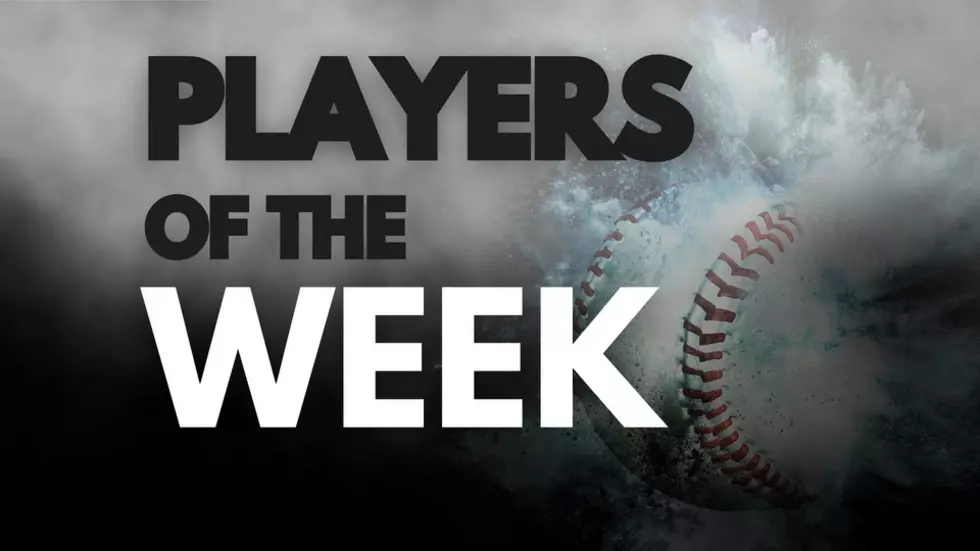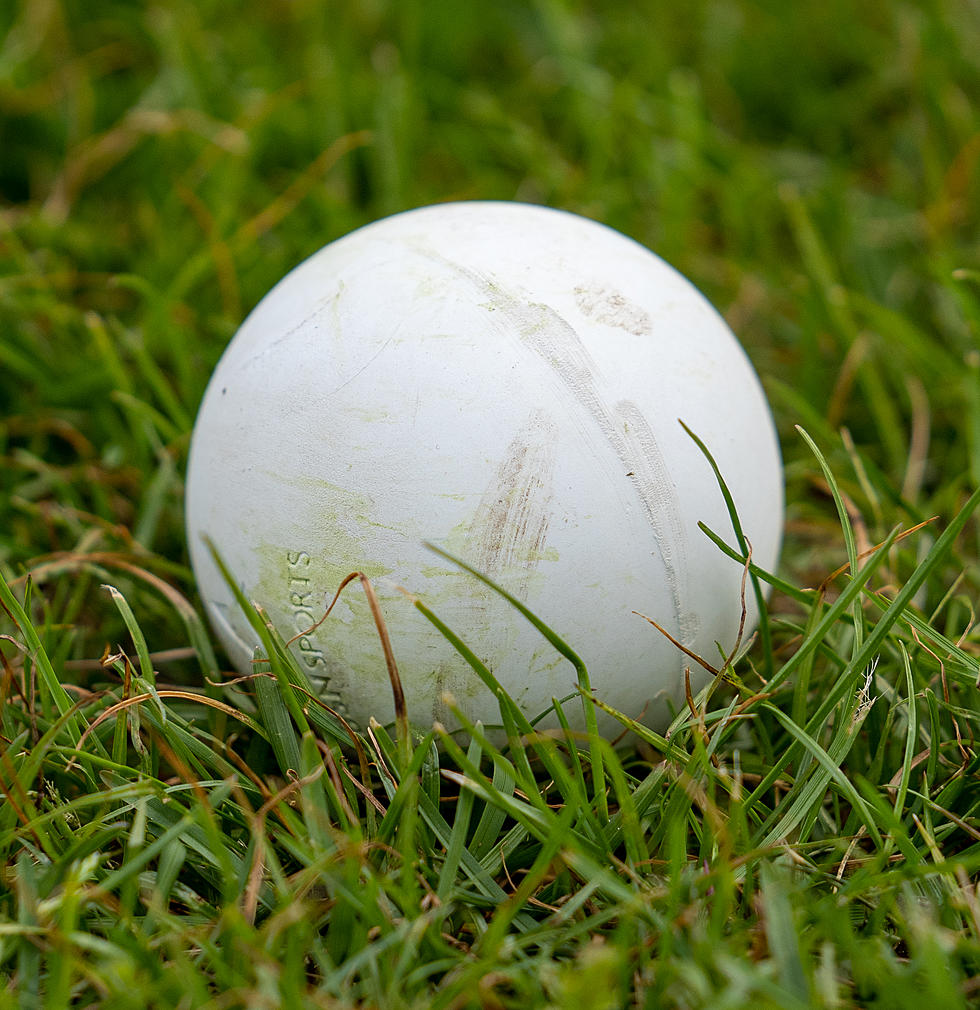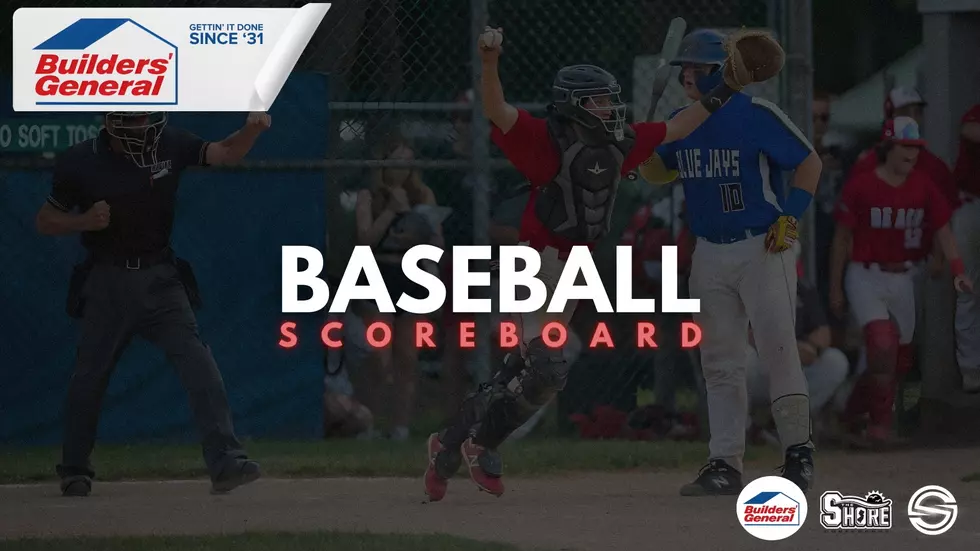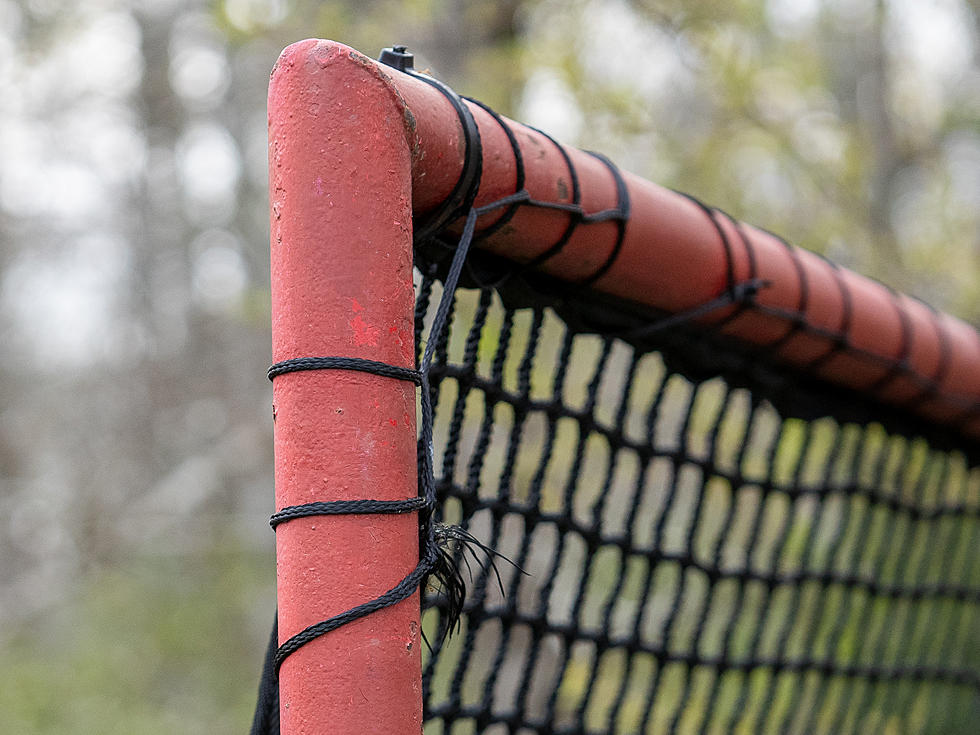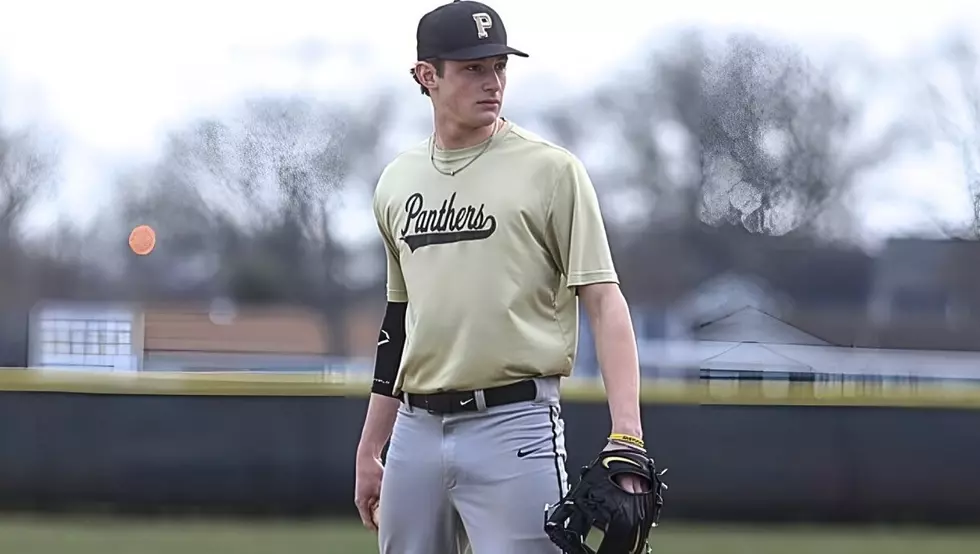
Fine legal line for HS athletes who transfer and get recruited
It's been happening for decades and is still as controversial as ever and that's high school athletes who transfer or get recruited illegally to other schools, both public and private.
In part-two of our five-part Friday series on high school sports we find out what's being done to monitor things in 2017.
Shore Conference Executive Committee member Joe Montano, who also serves as the Athletic Director and Girls Basketball Coach at Red Bank Catholic High School, says many athletes who transfer want more playing time.
"Kids and parents are smart enough to know where they can go to get an opportunity to play and get an opportunity to be seen on a good team," Montano said.
Others are illegally promised a starting job by a head coach at another high school and aided in the transfer.
"If during the pre-season football practice, a kid sees that he's the backup tight-end or tackle or wants to be a running-back and (they're) put at safety...the public school coach is on the phone with him, and the kid's leaving because he's told he can go there and get more playing time," Montano said.
He says if a student and their parents move to another town and attend a new school, they can play right away.
"They must move with their parents," Montano said. "They can't move in with their aunt and they can't move in with their cousin and claim guardianship, that doesn't work. They have to move in with a parent."
If they attend a new school and don't move, they have to sit 30-days for every sport they play.
High school athletes have been transferring to other schools public and private for years, and in most cases it's legitimate.
In some cases, students and parents try and fly under the radar and put down their home address, out of the school district, when they're actually living at their beach house.
"You can't use your beach house, it needs to be your official residency," Montano said. "Your license has to have that address, your taxes have to go there and you have to show things like electric bills."
Illegal transferring of high school athletes has been taken place for years and many parents are finding loopholes in the NJSIAA rules to avoid penalties.
Montano says these cases happen so often, it's hard for them to keep track of every student who transfers illegally.
"There's nothing wrong with the rules, the rules are fine," Montano said. "They're just not being followed and there's not enough man-power and/or finances to stay on top of what is going on."
He says in one case, an athlete played in four different schools and never sat a game.
However, Montano says many transfers are actually legit but the decision should be made at home.
"I don't think there's anything wrong with it if that's the decision of mom and dad in that household," Montano said. "I think there's something wrong with it if they're influenced by a coach."
Any coach found to be recruiting athletes would be in big trouble as it is illegal to do that and the sanctions for recruiting violations are very clear.
"Coaches can be fined, coaches can be suspended and schools can be put on probation," Montano said.
"There's people that are jumping around to schools and their parents are getting on the internet and get the NJSIAA rules and understand them and they're jumping around and doing it legally," Montano said. "That's a parents prerogative as long as the coach is not recruiting them."
Private-schools can recruit students for academics only in order to stay open, so they can pay their bills with the students tuition.
"There's a lot of grammar schools at the parochial level that are shutting down because of finances and not having enough kids," Montano said.
***In Part-Three of our series next Friday, we learn how practices have changed in recent years to avoid injuries among athletes.
More from our Five-Part Friday series on High School Sports:
More From Shore Sports Network
